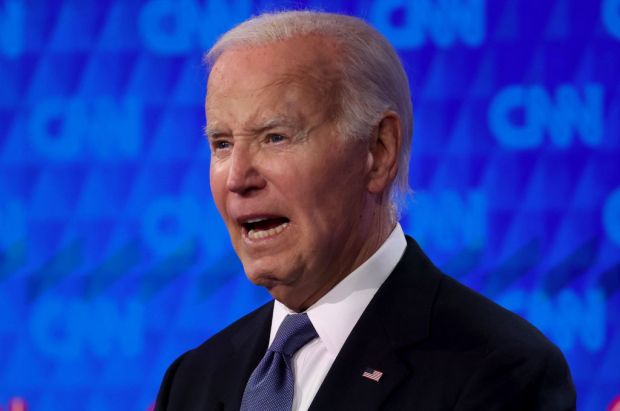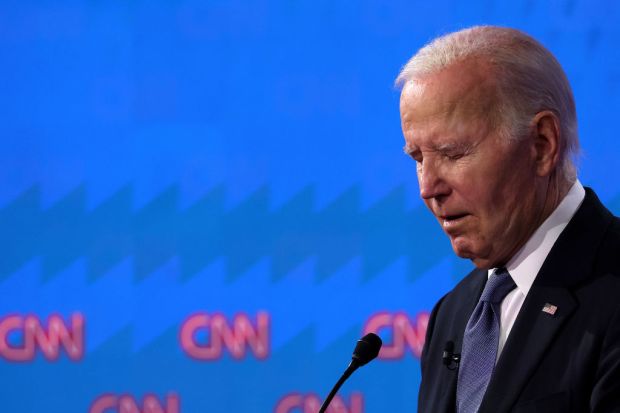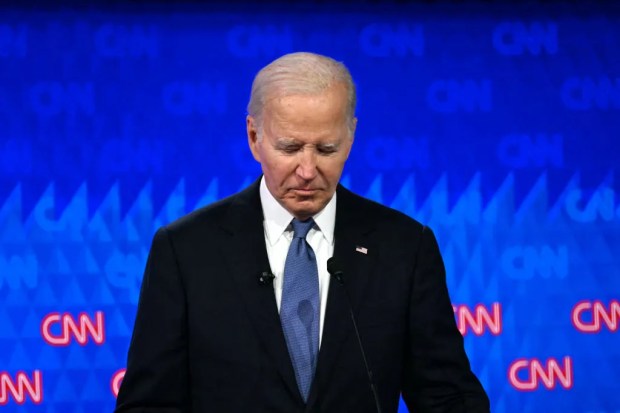What is the core mission of the Government’s ‘Prevent’ strategy? When William Shawcross presented his review of our flagship counter extremism programme last year, he was clear: it was to stop people turning into tomorrow’s terrorists. The Home Office agreed, at least politically. How’s that going? A year after Shawcross reported on Prevent’s departure from counter terror watchdog into a lop sided safeguarding creche for every sort of ‘vulnerability’ under the sun, the Government has reported mission accomplished.
Already a subscriber? Log in
Subscribe for just $2 a week
Try a month of The Spectator Australia absolutely free and without commitment. Not only that but – if you choose to continue – you’ll pay just $2 a week for your first year.
- Unlimited access to spectator.com.au and app
- The weekly edition on the Spectator Australia app
- Spectator podcasts and newsletters
- Full access to spectator.co.uk
Or




















Comments
Don't miss out
Join the conversation with other Spectator Australia readers. Subscribe to leave a comment.
SUBSCRIBEAlready a subscriber? Log in